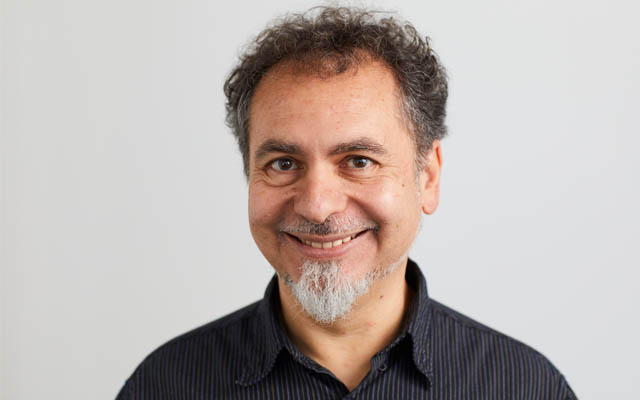UNSW’s bioinformatics engineering degree in the spotlight
UNSW’s degree has been designed as an engineering program aiming to form graduates able to design and implement the next generation of software and computational infrastructure necessary for biologists to make sense of their data.

